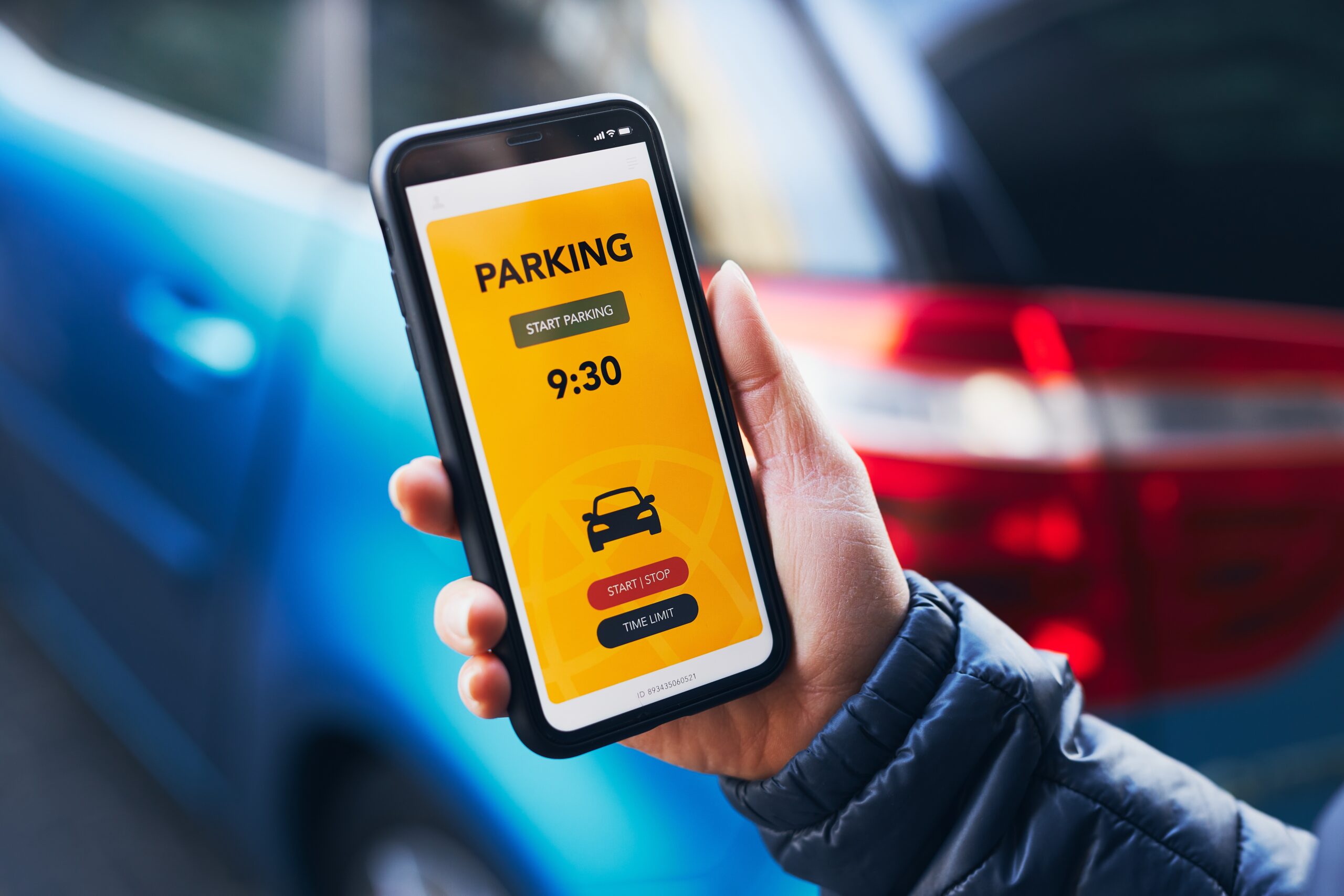It is challenging to drive on congested roads, and what’s even worse is finding a parking slot. The search for an available parking space takes up potentially productive time, increases the number of vehicles circulating on the road, and brings new challenges to the infrastructure.
The municipalities and private developers are focusing on bringing most of the smart parking technology as a notable feature in all the upcoming smart city projects. Smart parking is the result of blending parking technology with the realm of IoT and AI.
AutoMax IoT Enabled Smart Parking With AI
The integration of advanced technologies has resulted in the development of IoT-enabled smart parking. AutoMax IoT-enabled smart parking solution leverages data from various devices like embedded sensors, cameras, counting equipment at the entrance of a parking space, etc., to enable AI-driven parking management. These smart devices are either embedded in the parking lots or placed close to the parking area to detect the available parking lots.
AutoMax software collects the data connected to different IoT devices that communicate the availability of the parking lots. Drivers are also notified regarding the available parking lots and pricing details.
In smart parking, there are also options for drivers to make reservations or pay using e-wallets, thus making the process even more convenient.
The Effect of A ‘Smart’ Parking System That Goes Beyond the Parking
With smart parking, it is possible to record a variety of real-time data. The captured data can be combined with historical data sets, enabling facility managers with actionable insights to optimize the parking system.
The major benefits that smart parking has in store for the users include improved accessibility, better safety, reduced congestion, better utilization of resources, etc.
Improved Parking Experience
AI-enabled smart parking solutions leverages the data collected to enable a stress-free parking experience for drivers. Drivers will also receive real-time data from parking lot management software that directs them to the available parking lots.
Real-time notification thus eliminates frustration among the drivers and thus improves driver satisfaction. As drivers need not have to drive around looking for parking spaces, it reduces emissions and improves the air quality.
Spot Inefficiencies in Parking Lot Management
Managing a parking lot involves a lot of challenging tasks. Parking lot managers often have to deal with illegally parked vehicles, parking duration, etc. Leveraging real-time data from the connected sensors enables accurately determining the parking duration of all vehicles.
Unauthorized use of parking slots can be eliminated, and parking lot managers can monitor effectively with the help of real-time data gathered.
Meter Time Extension
The connected platform will keep drivers notified when the parking meter is about to expire. Drivers can easily pay and extend the parking duration with some clicks away. Thus it will provide a hassle-free parking system, reduce traffic law violation cases, and increase revenue.
Optimized Usage of The Facility
Businesses may track which areas have the most and least parking traffic by using data gathered from various sensors placed around the streets and parking lots. Using this data, they can make better decisions about where to expand or reduce activities. Businesses can also monitor the unauthorized use of designated parking spaces and emergency access roads with the help of sensor data.
Final Thoughts
Artificial intelligence has transformed various industries, and parking management is no exception. Optimizing smart parking with AI and IoT-enabled sensors seems an effective solution to reduce the time to find parking slots and make the process more efficient.
 EN
+1 669-231-8743
EN
+1 669-231-8743
